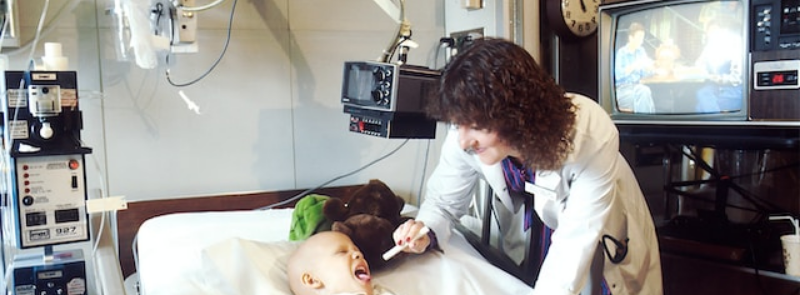
When It Occurs
Every February 15th
Official Website
Timeline
Days Passed (1105)
# Hashtags
#InternationalChildhoodCancerDay #ChildCancer
Every year on February 15, we observe International Childhood Cancer Day (ICCD). This day, established by Childhood Cancer International, a collective organization of diverse child cancer support groups formed by parents, is dedicated to raising awareness and demonstrating support for children and adolescents battling cancer. Despite significant advancements in science, childhood cancer persists as the primary cause of death by disease among children.
Origin and History
-
Establishment: International Childhood Cancer Day was established in 2002 by Childhood Cancer International (CCI), a global network of 188 parent organizations, childhood cancer survivor associations, and childhood cancer support groups in 96 countries.
-
Purpose: The day aims to spotlight the challenges faced by children and adolescents with cancer, increase awareness about childhood cancer, and promote global efforts to ensure that every child has access to the best possible treatment and care.
Significance
-
Awareness and Advocacy: ICCD is vital in raising awareness about the prevalence and impact of childhood cancer. It also advocates for the necessary changes in policy and practice to improve the lives of affected children and their families.
-
Support and Solidarity: The day provides an opportunity to show support and solidarity with children and adolescents battling cancer, their families, and the healthcare professionals who care for them.
-
Promoting Research: ICCD underscores the importance of research in finding cures for childhood cancers and improving treatment outcomes.
Statistics and Facts
-
Prevalence: Each year, approximately 400,000 children and adolescents are diagnosed with cancer worldwide.
-
Survival Rates: In high-income countries, more than 80% of children with cancer are cured, but in many low- and middle-income countries, only about 20% are cured.
-
Common Types of Childhood Cancer: The most common types of childhood cancers include leukemia, brain and spinal cord tumors, neuroblastoma, Wilms tumor, lymphoma, rhabdomyosarcoma, retinoblastoma, and bone cancer (such as osteosarcoma and Ewing sarcoma).
Themes and Campaigns
-
Annual Themes: Each year, ICCD focuses on different themes to highlight various aspects of childhood cancer. Themes may include early diagnosis, access to care, the importance of research, and the psychosocial impact on families.
-
Global Campaigns: CCI and partner organizations often launch global campaigns that include educational materials, social media initiatives, and advocacy efforts to coincide with ICCD.
Activities and Events
-
Awareness Campaigns: Organizations worldwide run awareness campaigns, including social media campaigns, public service announcements, and educational programs to spread knowledge about childhood cancer.
-
Fundraising Events: Fundraising events such as charity runs, walks, auctions, and concerts are organized to raise funds for research, treatment facilities, and support services for children with cancer and their families.
-
Support Programs: Activities such as support group meetings, workshops, and seminars for families affected by childhood cancer are held to provide emotional and practical support.
-
Lighting Up Landmarks: Iconic landmarks in various cities are often lit up in gold, the color symbolizing childhood cancer, to show support and raise awareness.
How to Get Involved
-
Donate: Contributing to organizations that support childhood cancer research, treatment, and family services can make a significant impact.
-
Volunteer: Volunteering your time and skills to support local childhood cancer organizations, hospitals, and events is a valuable way to contribute.
-
Spread Awareness: Use social media to share information about ICCD, childhood cancer facts, and personal stories to raise awareness and encourage others to get involved.
-
Advocate: Advocate for policies and programs that support childhood cancer research, treatment accessibility, and family support systems.
Conclusion
International Childhood Cancer Day is a crucial observance dedicated to addressing the global challenge of childhood cancer. By raising awareness, supporting affected children and their families, and promoting research and equitable access to treatment, ICCD plays a vital role in the fight against childhood cancer. The day emphasizes the collective responsibility of the global community to ensure that every child with cancer has the chance to live a full and healthy life. Through various activities, campaigns, and advocacy efforts, ICCD continues to make a significant impact in improving the lives of children with cancer worldwide.


